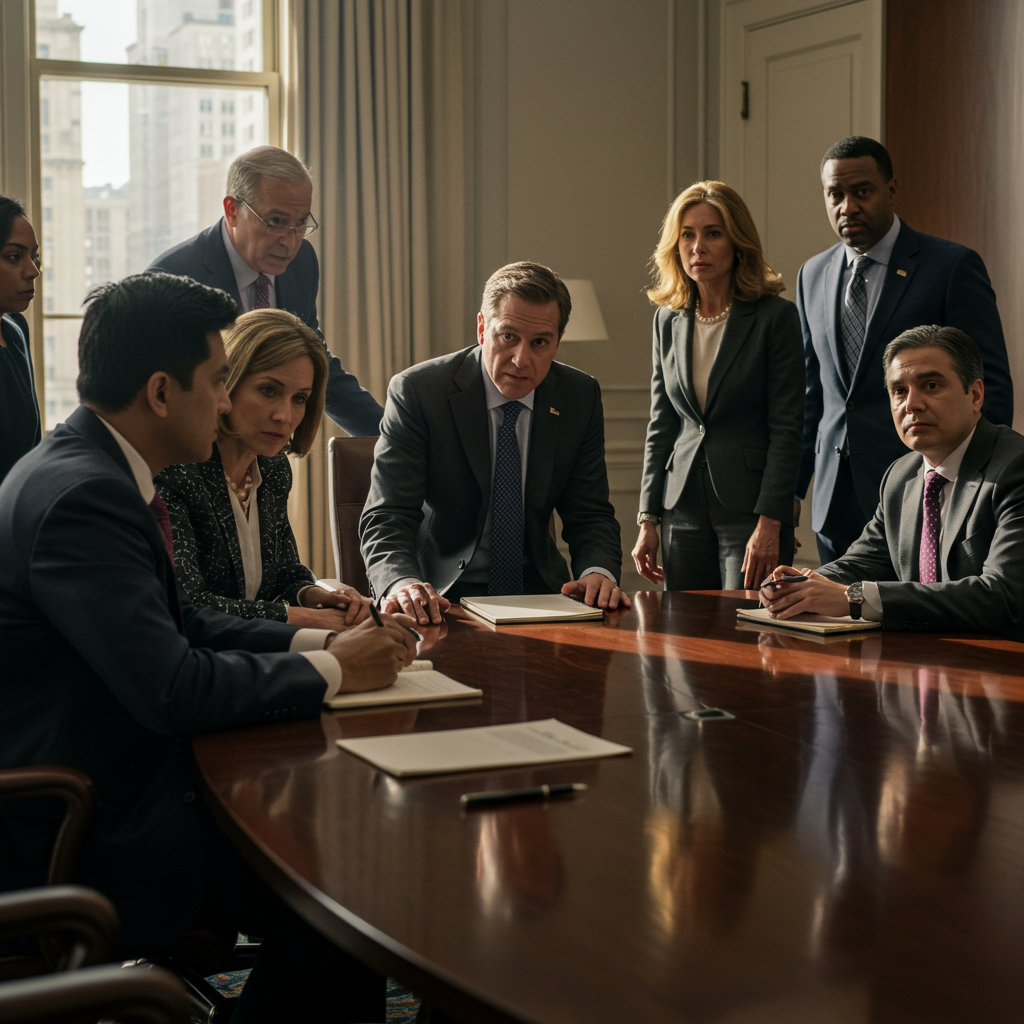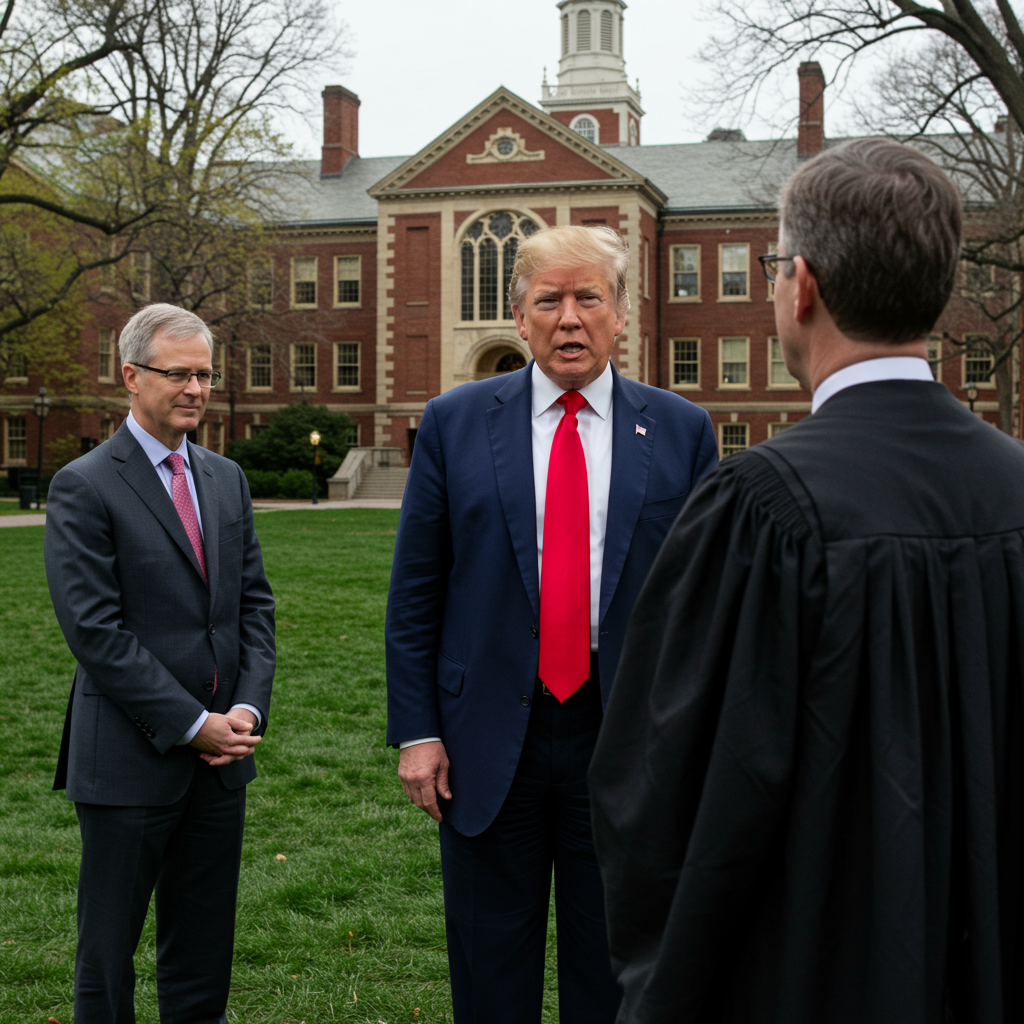Federal funding cuts under the Trump administration have significantly impacted scientific research, leaving crucial projects and researchers in a precarious position. In response, foundations and private funders in the Philadelphia area are increasing their support for vital “good science,” though they acknowledge they cannot fully fill the massive gap left by withdrawn federal dollars.
Federal Cuts Create a Funding Crisis
The Trump administration reportedly canceled hundreds of National Institutes of Health (NIH) research grants that had already been vetted and approved, resulting in a withdrawal of more than a billion dollars in funding. This drastic reduction has intensified competition for alternative funding sources, including private foundations and charities, putting immense pressure on researchers seeking to continue their work.
Philadelphia Foundation Sees Soaring Demand
The Philadelphia Foundation, a long-standing local funder of community health work and research into areas like incurable diseases and affordable housing, is witnessing the direct impact of this instability. While reviewing applications for a recent grant program, the foundation received a staggering 171 submissions, a dramatic increase from the usual 60 applications.
“It was a shock to all of us,” said chief impact officer Philip Fitzgerald. While the exact reason for the surge isn’t definitively known, the foundation’s available grant money has not tripled to match the demand. This forces the foundation to be especially selective to ensure their grants make the biggest possible impact.
Supporting Vital Local Research
Despite the increased competition, the Philadelphia Foundation’s Brody Family Medical Trust Fund fellowship is providing crucial support to local researchers.
Battling Deadly Viruses: Virologist Helena Winstone at the University of Pennsylvania received a two-year fellowship to study the Middle East Respiratory Syndrome (MERS) coronavirus. MERS is related to the virus causing COVID-19 but has a significantly higher mortality rate of approximately 35% and no approved treatment. Winstone’s research explores how the virus behaves in human, bat, and camel cells to understand the “tipping point” that could lead to human spillover, aiming to contribute to future treatments and pandemic preparedness. Winstone described the funding as a “massive relief” but also felt “a little bit of guilt” knowing colleagues were losing grants and facing severe uncertainty.
Unraveling Epilepsy’s Mysteries: Neuroscientist Sophie Hill at the Children’s Hospital of Philadelphia is also funded by the Brody Trust fellowship. Her work over two years focuses on studying the genetic mutations that cause epilepsy, with the long-term goal of understanding the disease mechanics well enough to potentially lead to a cure. Hill noted that the current instability in federal science funding makes future plans, like establishing her own lab, feel uncertain, stating that “everything’s up in the air right now.”
Broader Philanthropic Response Amidst Concerns
Larger philanthropic organizations are also coordinating efforts to counteract the funding shortfall. Alonzo Plough, chief science officer for the Robert Wood Johnson Foundation (RWJF), highlighted that foundations are mounting “emergency responses” to the cuts in public health. RWJF, for example, is directly funding health equity research programs that were canceled by the Trump administration.
Plough emphasized that RWJF is committed to supporting evidence-based work, including research demonstrating how factors like race and marginality influence health outcomes, asserting, “That’s evidence-based work. It’s good science.” RWJF and other foundations are also helping to archive and collect crucial public health and population data that federal agencies have stopped maintaining. However, Plough noted that given the current political climate, “many, many funders are funding that effort anonymously because they are concerned about reprisals.” Cynthia Friend, president and CEO of the Kavli Foundation, has also called for philanthropic organizations to work together to meet the moment.
Philanthropy Cannot Fully Replace Federal Investment
While private foundations can respond quickly and target specific areas, experts caution that they cannot fully replace the scale of funding traditionally provided by federal science agencies. Alonzo Plough stressed that while foundations can help stem some losses, they cannot make up for the billions of dollars needed for comprehensive research support.
In conclusion, the philanthropic community in the Philadelphia area and beyond is actively working to sustain vital scientific research in the wake of significant federal funding cuts. However, the dramatic increase in demand for grants and the sheer scale of the lost federal investment highlight the challenges scientists face and the limitations of private funding to fully bridge the divide, leaving some critical areas of research vulnerable.




